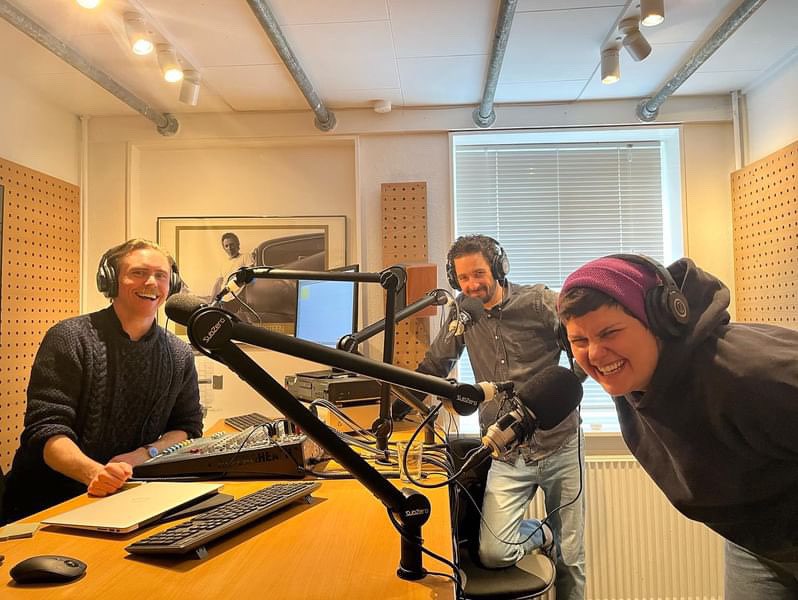In the second half of 2010 the work inspection authority Arbejdstilsynet uncovered and reported 67 cases of foreign firms operating illegally and undercover in Denmark. In the second half of 2011, they discovered 138 cases – double as many.
The reason for the doubling, according to Hasse Mortensen, the director of oversight at Arbejdstilsynet Zealand, is that they began using an electronic registration system called RUT which allows investigators to cross-check the foreign companies with other departments like the tax authority Skat and the police.
“We have really prioritised RUT registration, because it enables us to carry out inspections and it also lets Skat keep its eye on the companies,” Mortensen said.
The digital registrations also enable Arbejdstilsynet to compare the various building companies’ claims regarding specific jobs. Discrepancies can point out cases where companies may be trying to cheat the system.
Foreign companies with employees working in Denmark are required to register with Arbejdstilsynet. The penalty for not doing so is a 10,000 kroner fine for the foreign company and an equal fine for the person or firm that hired them.
As Arbejdstilsynet does not have the authority to give out fines, the police issue and enforce them on their behalf.
Representatives from the builders’ association and the largest labour union for tradesmen expressed approval that the government was getting serious about cracking down on foreign firms operating illegally. Nevertheless, they doubted that a 10,000 kroner fine would stop the illegal business.
“A 10,000 kroner fine isn’t going to stop someone who can earn a million on a project,” said Peter Hougaard Nielsen, chairman of 3F Byggegruppen, Denmark’s largest labour for the building trades.
Hougaard estimated that as many as half of the foreign construction companies operating in Denmark are unregistered and possibly working for cash-in-hand. He further surmised that half of the companies registered with RUT were cheating the system in other ways – for example, by naming false sub-contractors or not paying labour taxes.
Hougaard emphasized that to force companies to play by the rules, the police, Skat and Arbejdstilsynet needed to work together.
“There have to be consequences. Fines need to be given out more quickly – both to the foreign companies and to the people who hire them,” Hougaard said.
Lars Storr-Hansen, the CEO of Dansk Byggeri, a professional association for builders, agreed with Hougaard, but added that the police in particular could be more helpful.
“We have seen that the police are often a hindrance, because these cases just aren’t as high a priority for them as rape or murder,” Storr-Hansen said.
“But we very much want to see bigger fines and more control,” he added.
The government has set aside an additional 65 billion kroner to crack down on various kinds of fraud. A new commission to improve RUT registration compliance and oversight is part of that plan.













